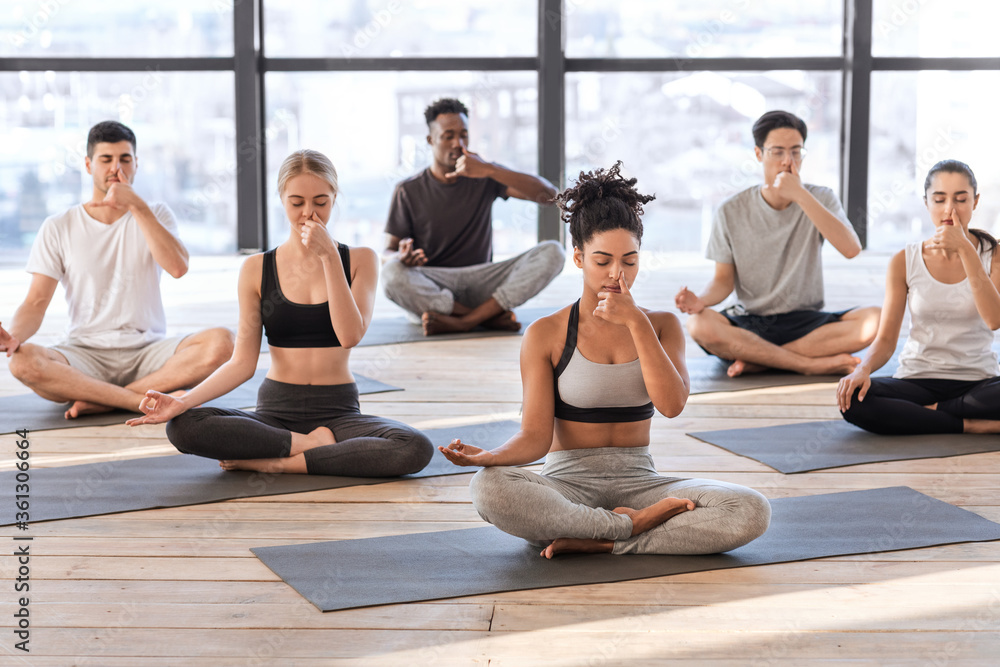Introduction
In today's fast-paced world, stress has become an unwelcome companion in our lives. The demands of work, relationships, and daily responsibilities can often leave us feeling overwhelmed and mentally exhausted. Fortunately, there are holistic approaches to managing stress, and one of the most effective methods is yoga. Beyond its physical benefits, yoga offers a profound impact on our mental and emotional well-being. In this article, we'll explore how yoga can be a powerful tool for stress management.
The Mind-Body Connection
Yoga is not just a physical practice; it's a mind-body discipline that emphasizes the connection between our mental state and physical sensations. Stress tends to manifest physically in the form of muscle tension, headaches, and even digestive issues. Through yoga, we can bring awareness to these bodily sensations, helping us identify and alleviate stress-related discomfort. The practice of mindful movement in yoga postures, known as asanas, encourages the release of tension and promotes relaxation.
Breath as an Anchor
Central to yoga practice is the breath – a simple yet potent tool for stress reduction. When stressed, our breath often becomes shallow and erratic, exacerbating our feelings of anxiety. Yoga teaches us to focus on deep, rhythmic breathing, which stimulates the parasympathetic nervous system – responsible for the "rest and digest" response. Techniques like Pranayama, the practice of controlled breathing, can be particularly effective in calming the mind and reducing stress levels.
Mindfulness and Meditation
Incorporating mindfulness and meditation into a yoga routine can significantly enhance stress management. These practices encourage us to be present in the moment, letting go of worries about the past or future. By observing our thoughts without judgment during meditation, we can create a mental space where stressors lose their grip. Regular meditation can lead to increased emotional resilience, making us better equipped to navigate life's challenges.
Yoga Nidra for Deep Relaxation
Yoga Nidra, often referred to as "yogic sleep," is a guided meditation technique that induces a state of deep relaxation. This practice can be especially effective for stress management, as it allows the body and mind to enter a state of restfulness akin to sleep while maintaining full awareness. The systematic rotation of awareness through different parts of the body helps release physical and mental tension, promoting a profound sense of calm.
Cultivating Self-Compassion
Yoga philosophy encourages self-compassion and self-care, essential components of stress management. Through yoga, we learn to treat ourselves with kindness and patience, both on and off the mat. This self-compassion helps counteract the negative self-talk that often accompanies stress, fostering a healthier relationship with ourselves and the challenges we face.
Conclusion
Yoga is not a one-size-fits-all solution, but rather a versatile toolbox for managing stress. By integrating mindful movement, controlled breathing, meditation, and self-compassion, we can harness the full potential of yoga to create a balanced and resilient mind. Whether you're a beginner or a seasoned practitioner, incorporating yoga into your routine can pave the way to a calmer, more centered, and stress-resilient life. Remember, it's not about perfection in the poses, but about finding a moment of peace in the midst of life's chaos.



